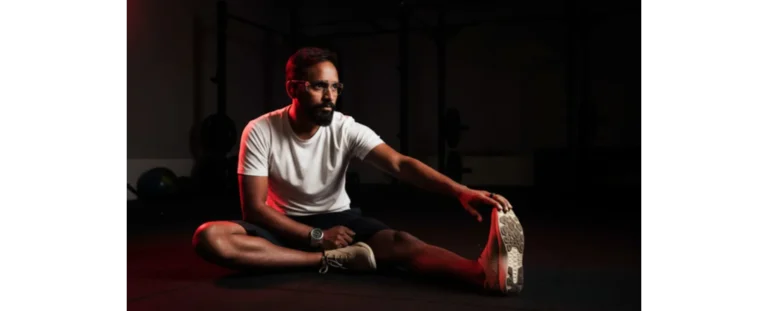
The Seven Types of People to Be Cautious of Before Getting Too Close
Building close relationships is a fundamental aspect of human life, offering emotional support, companionship, and a sense of belonging. However, not all relationships are beneficial; some can be detrimental to your well-being. Dr. Ruupa Rao, a renowned psychologist based in Bangalore, underscores the importance of being cautious with certain individuals before forming close bonds. Here, we delve into seven such types, with insights from Dr. Rao to understand the potential risks.

Chronic Liars: Chronic lying erodes trust, the foundation of any healthy relationship. Dr. Ruupa Rao explains that chronic liars often deceive to mask insecurities or manipulate others for personal gain. Research from the Journal of Experimental Psychology highlights that constant dishonesty leads to confusion, mistrust, and emotional distress. Identifying and addressing this behavior early is crucial for maintaining trust in relationships.
Manipulators: Manipulators use deceit and psychological tactics to control others. Dr. Rao notes that manipulators frequently employ strategies like gaslighting, causing you to doubt your reality and decisions. These individuals often exhibit narcissistic traits, prioritizing their needs over others. Relationships with manipulators can result in low self-esteem, anxiety, and a loss of personal autonomy, making it essential to recognize and avoid such individuals.
Negative Individuals: Negativity can be contagious. Dr. Ruupa Rao advises that consistently pessimistic people can negatively influence your outlook and mood. Emotional contagion, a phenomenon studied by social psychologists, explains how emotions spread from person to person. Surrounding yourself with negative individuals can increase stress, decrease motivation, and foster a generally pessimistic view of life.
Emotionally Unavailable People: Emotional availability is key to a healthy, supportive relationship. Dr. Rao observes that emotionally unavailable individuals struggle to express or understand their feelings, hindering deep connections. This behavior often stems from unresolved past trauma or attachment issues. Relationships with emotionally unavailable people can feel one-sided, leaving you feeling unsupported and unfulfilled.

Abusers: Abuse in any form—physical, emotional, or psychological—is a clear red flag. Dr. Ruupa Rao emphasizes that abuse has profoundly damaging effects, including long-term mental health issues like PTSD, depression, and anxiety. Recognizing signs of abuse early and distancing yourself from abusers is vital for your safety and well-being.
Overly Dependent Individuals: While support in relationships is important, Dr. Rao notes that overly dependent partners can become burdensome. Such individuals may excessively rely on you for emotional, financial, or social needs, creating an imbalanced dynamic. According to attachment theory, overly dependent behavior often arises from insecure attachment styles developed during childhood. Healthy relationships require a balance of mutual support and independence.
Gossipers: Gossipers habitually talk about others behind their backs, creating a toxic environment of mistrust and insecurity. Dr. Ruupa Rao points out that gossiping can serve as a bonding mechanism among groups but often at the expense of someone’s reputation and trust. Being close to a gossiper can lead to breaches of confidence and a lack of trust within the relationship.
In Conclusion, Navigating relationships requires awareness of harmful traits and behaviors. Dr. Ruupa Rao emphasizes that understanding these seven types of people and the psychological principles behind their behaviors can help you make informed decisions about whom to let into your inner circle. Building healthy, supportive relationships is essential for your emotional and psychological well-being. Trust, mutual respect, and emotional support are key elements that should not be compromised.
Incorporating psychological insights into your relationships, as Dr. Rao suggests, can help you maintain a healthier, more fulfilling social life. Remember, it is perfectly okay to set boundaries and prioritize your mental health when choosing whom to get close to.
For more information, visit Dr. Ruupa Rao’s website.
Dr. Ruupa Rao, ICF PCC Coach, Trainer, Psychologist, Counselor
Contact: 097408 66990
Reach out: Google Maps Link
Location: Bangalore, India

